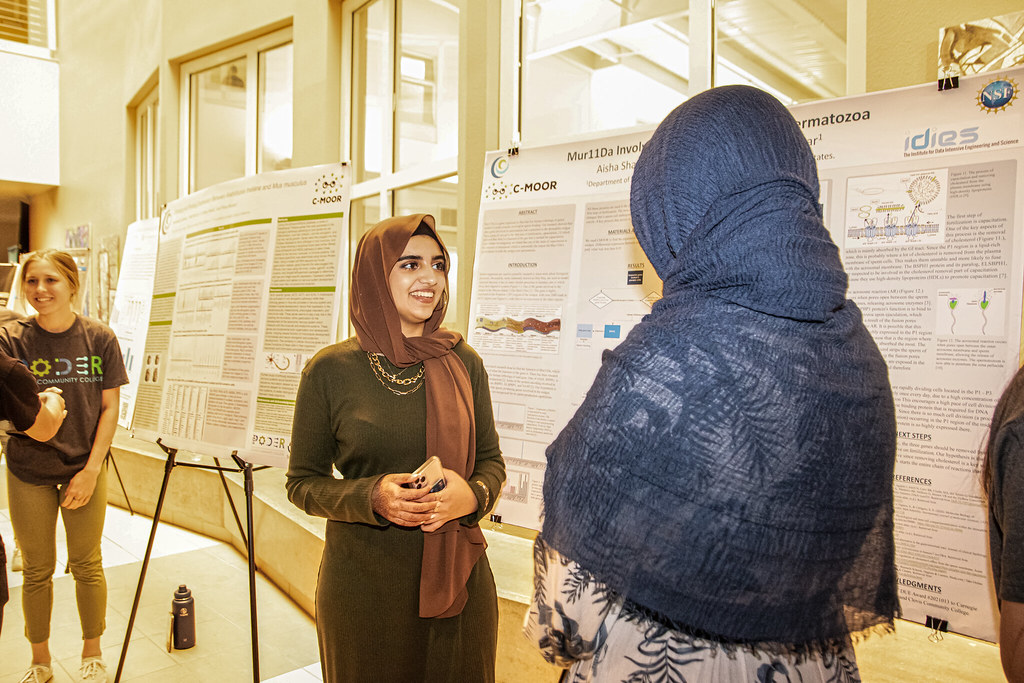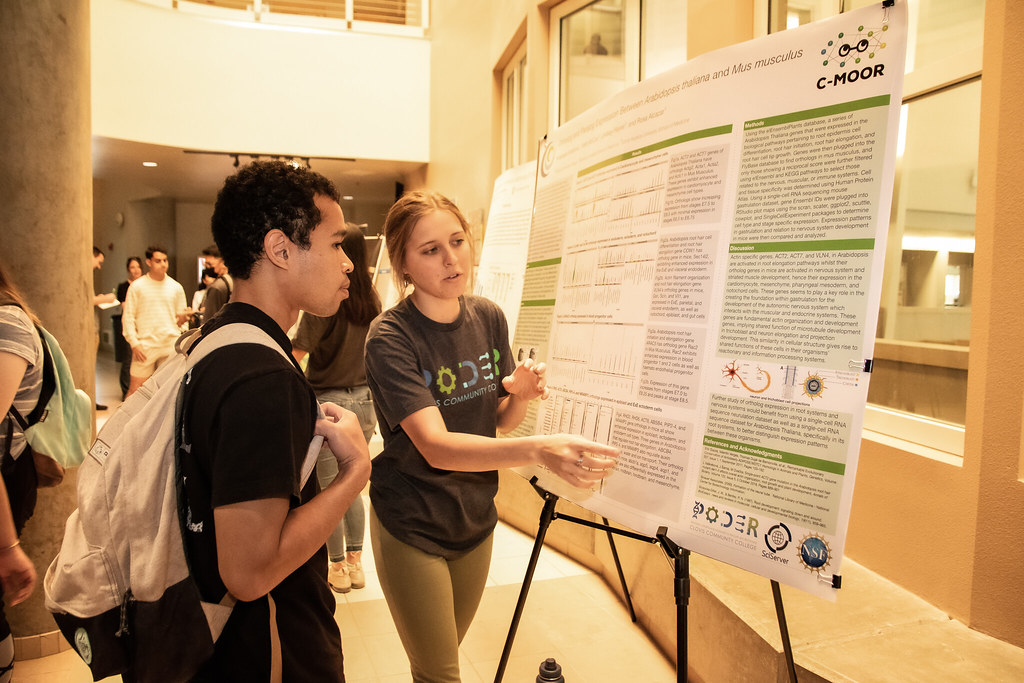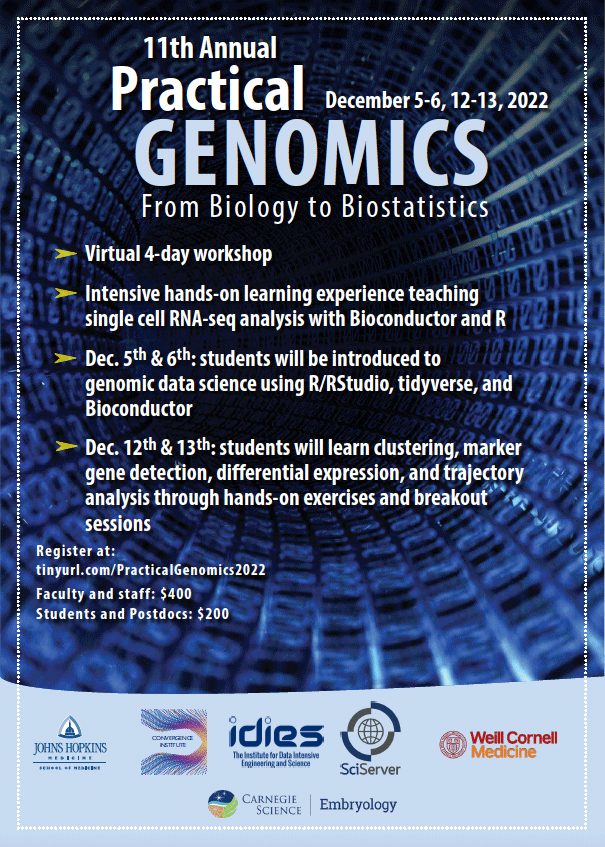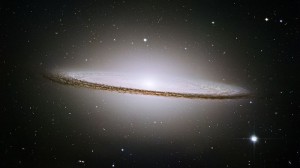Education
SciServer is the perfect way to introduce students at all levels to data science. Never again will students need to waste time downloading and configuring software, or waiting for access to datasets. With SciServer, all data and analysis are online, so students can immediately do real, scientifically meaningful work. Examples
How to Teach with SciServer
SciServer can be used for an in-class lab activity, an individual homework assignment, or a longer-term group research project.
Whichever approach you choose, the best way to proceed is to create one or more Jupyter notebooks in outline form, leaving some code cells for students to fill in as part of the assignment. In your SciServer Dashboard, create a User Volume and save your notebooks there, along with any datasets they need. Also, create a group and share your User Volume with it.
Ask all of your students to create SciServer accounts and tell you their login names, then add invite them to join your group. Once a student joins, they can see the templates you created. If they save an edited copy of the template under their name, you can see their work.
Examples
Here are examples of some courses that other instructors are teaching using SciServer. To use these examples, follow these steps:
- Log in to SciServer
- Click on Compute
- Create a Container, and be sure to mount the Getting Started shared Data Volume
- Go to the getting_started folder
- Follow the instructions in the
starthere.ipynbnotebook to copy the examples to your persistent directory - Go to your persistent folder (navigate to Storage/{your username}/persistent)
- Open the examples folder and find the example notebooks listed below.
SciServer for Astronomy 101 (University of St Andrews)
Rita Tojeiro of University of St Andrews has created a series of Python notebooks that use SciServer to teach introductory astronomy labs. You can find the example notebooks in:
/Astronomy/teaching/astro101/
You can also download the labs from Rita’s GitHub repository.
SciServer for upper-level astronomy labs (University of North Carolina Asheville)
Britt Lundgren of University of North Carolina Asheville has created a series of Python notebooks that use SciServer to teach a full upper-level lab course for astronomy majors. You can find the example notebooks in:
/Astronomy/teaching/astronomy-labs/
You can download the labs from Britt’s GitHub repository.
SciServer for data science (Johns Hopkins University)
Tamas Budavari of Johns Hopkins University has taught several semesters of a data science course for computer science majors using SciServer for practical lab exercises. You can find the example notebooks in:
/Teaching/JHU/DataMining-533.436/
SciServer for introductory biology (Clovis Community College)
An online data science course at Clovis Community College in California explores data science in genomics. Students learn critical thinking and data analysis skills, develop basic skills in R, and present posters on their work at the Annual Clovis College Research Symposium.
Collaboration
We encourage scientists, engineers, and educators to use SciServer for their research, and for classroom and other educational projects.
If you use SciServer, please keep us in the loop. Send us your feedback, comments, questions, and feature requests to help us optimize our software development and identify new functionality requirements.
In addition, if you use SciServer tools for research or education, please include the following acknowledgement in your publication or presentation:
“SciServer is a collaborative research environment for large-scale data-driven science. It is developed at, and administered by, the Institute for Data Intensive Engineering and Science at Johns Hopkins University. SciServer is funded by the National Science Foundation Award ACI-1261715. For more information about SciServer, please visit sciserver.org”
Publications
SciServer outreach also includes our many SciServer publications.
Resources
Education
SciServer is committed to making all its data available not only to the research community, but also to educators, citizen scientists, and the general public.
Our team has spent 15 years developing the SkyServer education projects, which use Sloan Digital Sky Survey (SDSS) data to teach astronomy and other topics in science, mathematics, engineering, and technology courses.
We are also working with the SDSS education team on SDSS Voyages, a new set of education activities based on the new Next Generation Science Standards.
The main development focus of SciServer education will be the creation of SciServer Courseware, which will allow teachers to manage their students’ work with SciServer education projects.
Citizen Science
Our team has been a part of the Galaxy Zoo team from the beginning.
Galaxy Zoo is a citizen science project that allows online volunteers around the world to classify images of galaxies from the Sloan Digital Sky Survey. Galaxy Zoo has engaged more than 400,000 volunteers over more than 15 years, and has led to more than 50 peer-reviewed science publications, including some major discoveries made by citizen science volunteers.
Looking beyond astronomy, the SciServer team is part of the collaboration that is creating the Zooniverse suite of citizen science projects. Zooniverse includes more than 20 citizen science projects investigating topics from ecology to particle physics to archaeology.





